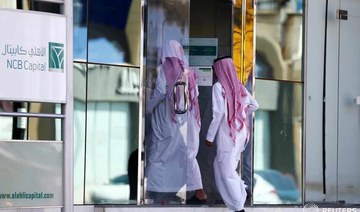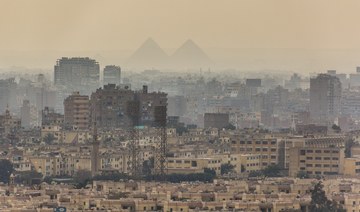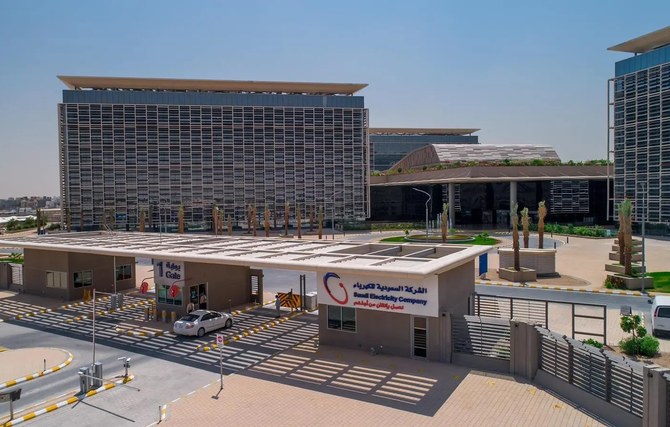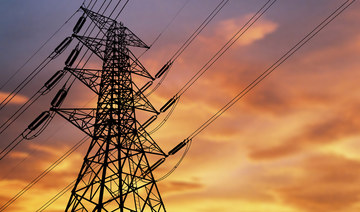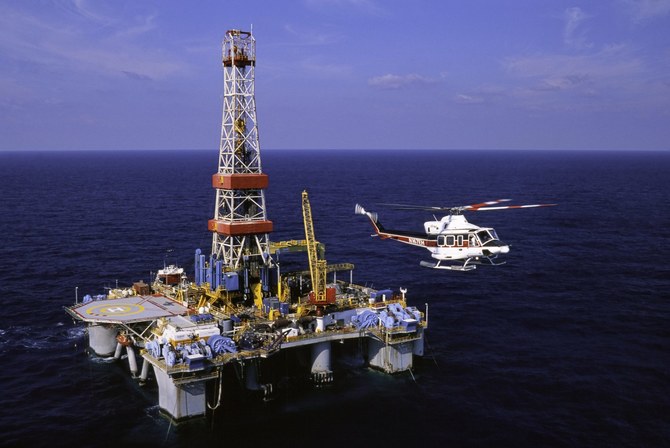DUBAI: Saudi National Bank (SNB) officially came into the world this week, with the formal approval by shareholders of the merger between National Commercial Bank (NCB) and Samba Financial Group (Samba).
On track to officially launch on April 1, the new entity – heralded as the national champion of the Kingdom’s banking industry – has the opportunity to live up to the ambitions that sparked the biggest ever merger in the Saudi financial sector.
Saeed Al-Ghamdi, managing director and chief executive of the new bank, said: “SNB will deliver value not just for our esteemed shareholders, customers, and employees, but for the nation as a whole.”
The scope of SNB’s strategic plans is comprehensive. It is expected to finance economic development, support Vision 2030 projects, and facilitate trade and capital flows with the region and the rest of the world.
At the same time, it has to provide value for the army of retail customers in a changing banking scene, where the economic shock of the coronavirus disease (COVID-19) pandemic has coincided with large-scale technological changes that are transforming the nature of banking, in Saudi Arabia as much as the rest of the world.
SNB is a genuine giant. It has around a 30 percent share in the Kingdom, and its SR896 billion ($238 billion) of assets make it one of the biggest in the Middle East. Net profits of SR15.6 billion show just how big a money spinner it is.
Analysts at global ratings agency S&P said that the merged bank would “sharply change the landscape in corporate lending” in the Kingdom and beyond, given the big chunk of the corporate market that SNB will hold.
That will be good news for corporate customers coming out of the COVID-19 pandemic and the recession it brought last year. Strained balance sheets will be grateful for the backing of the best capitalized bank in the Kingdom, especially as official government support packages wind down as the post-pandemic economy picks up.
Small and medium-sized enterprises in particular will find a newly strengthened backer, as they aim to take advantage of the opportunities that recovery will present this year.
No doubt the attention of the world will be focused on SNB’s relationship with the big national projects under the Vision 2030 strategy to diversify the economy away from oil dependence.
The Public Investment Fund, the Kingdom’s sovereign wealth fund, which was a big shareholder in both NCB and Samba before the merger, will likely find an ally in the project finance sector for the mega-projects that are now reaching the capital-intensive stage of actual construction.
S&P noted, however, that “it is not yet clear to what extent the government will use the merged bank’s balance sheet to finance strategic projects.”
International clients will see a new force in global commerce in the Middle East and beyond, taking advantage of Samba’s traditional strength in trade finance, as well as intra-Gulf Cooperation Council trade.
Retail customers will see a couple of developments very quickly. There will be a new pace to the process of digitization and online banking that is underway everywhere. Part of the rationale for the merger was that it allowed economies of scale in technology, and this will bring new products and services to SNB customers in the digital space, backed by its big market share.
Saudi consumers have got more used to cashless transactions during the pandemic lockdowns and are likely to take up new digital offerings enthusiastically.
The same consideration of scale applies to the mortgage industry, which has been one of the outstanding growth sectors of financial services in recent years. S&P expects mortgage origination to remain “buoyant” and SNB’s sheer size and customer catchment ensure it will be a growing force in home-loan finance.
Will there be more mergers in the Saudi banking sector? With the creation of SNB, and the previous link-up between Alawwal and SABB (awaiting completion), the number of possible merger candidates is shrinking fast, but nobody would rule out further consolidation.
S&P said: “The increase in competition (from previous mergers) may dent the profitability of smaller players in the long term.” It added that this could act as a spur for the remainder to merge.





